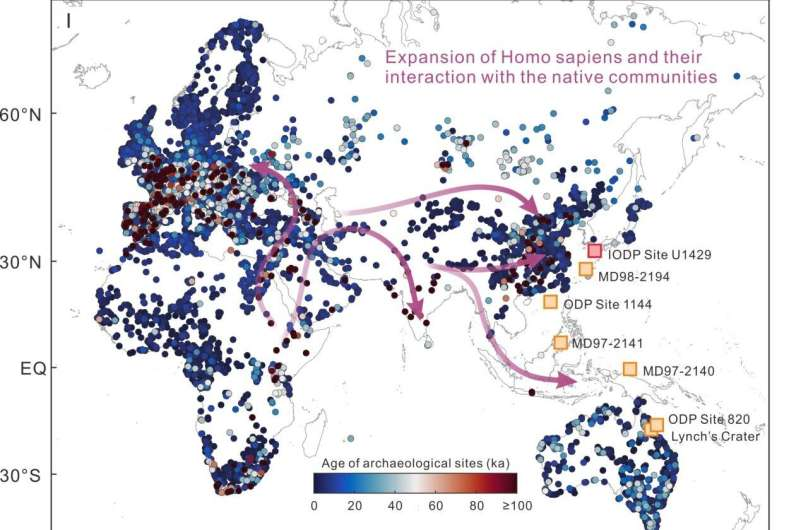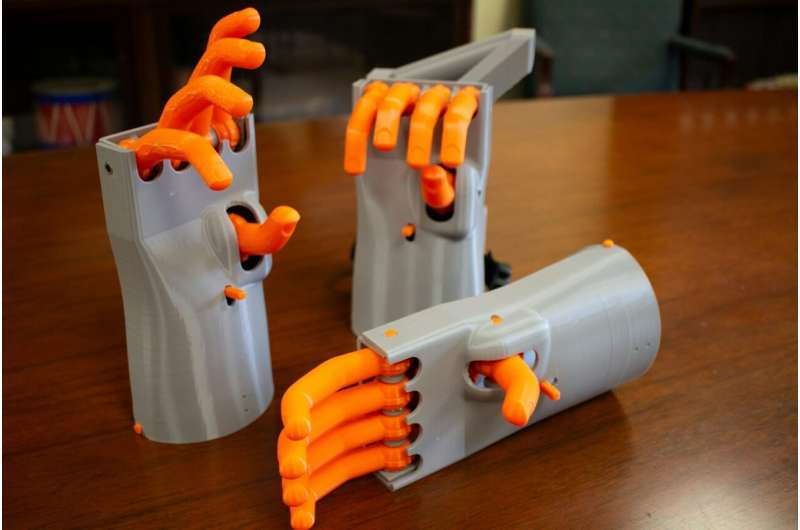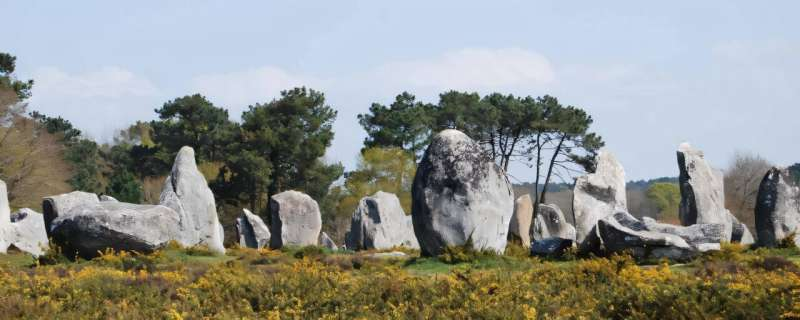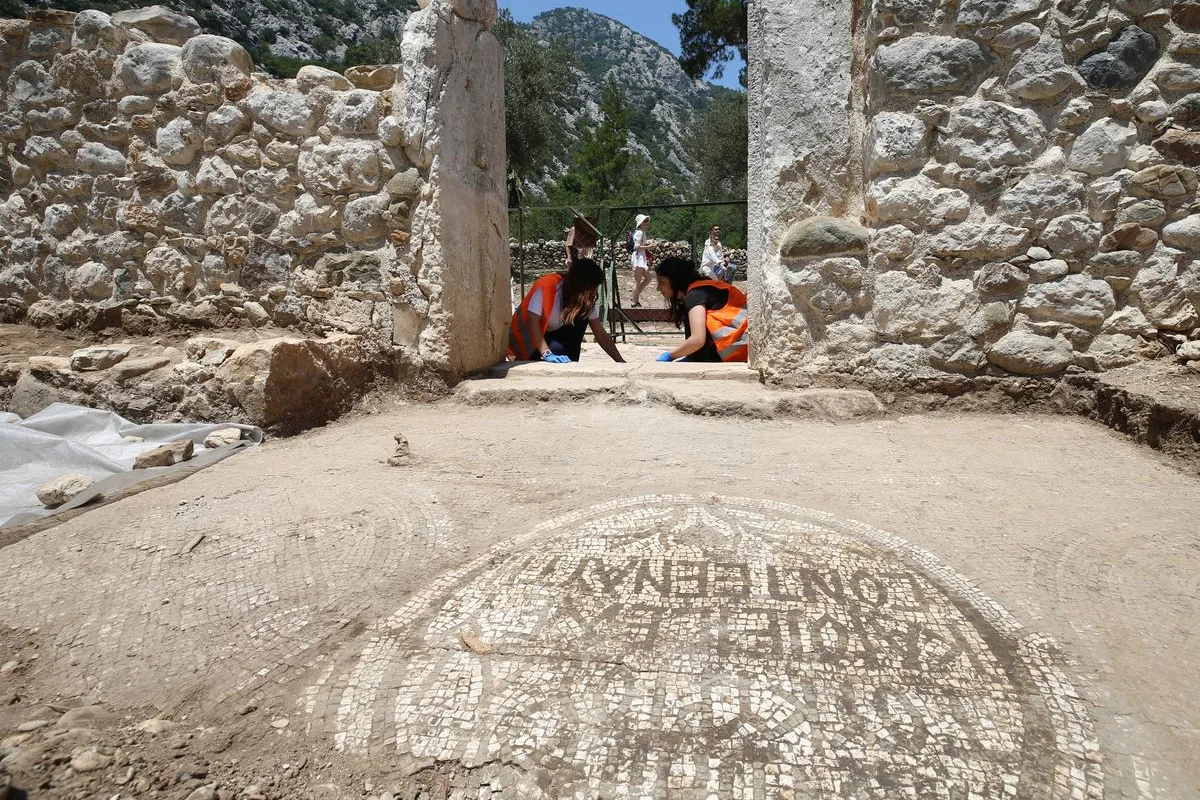Archaeologists have made a profound discovery at Blackberry Hill in Stapleton, Bristol, unearthing a series of mass graves that provide an eerie glimpse into the harsh realities of Victorian life.
The site, once the Blackberry Hill Hospital, has revealed a grim history stretching from the late 18th to early 20th centuries. Burials uncovered during excavations date back to the mid-to-late 19th century, with some potentially tied to the site’s earlier existence as a prisoner-of-war camp.
Led by Cotswold Archaeology between 2018 and 2023, in collaboration with Bristol City Council and the Diocese of Bristol, the project has uncovered remains that lay hidden for centuries. Archaeologists describe the history of the site as "complex and fascinating," yet deeply troubling.
A Hidden History Unveiled
The site’s origins trace back to the late 18th century when it served as Stapleton Prison, housing prisoners from Britain’s wars with France, Spain, Holland, and the United States. In 1832, during Bristol’s devastating cholera outbreak, it was converted into a hospital. Just five years later, it became the Stapleton Workhouse, a place where Bristol’s poorest and most destitute sought shelter.
By the 20th century, it had transitioned into Manor Park Hospital, and later Blackberry Hill Hospital, finally closing its doors in 2007 as part of the city's redevelopment plans.
The recent discoveries shed light on the lives of the 19th-century Bristolians buried here—people who faced poverty, illness, and societal neglect. Their final resting place, once forgotten, now serves as a poignant reminder of the immense hardships they endured.
A Dark Social History
Rosanna Price, the Engagement Manager for the project, explained that these burials reveal "a dark chapter in Bristol’s social history."
"The workhouse provided a refuge for the city’s most vulnerable, many of whom suffered from extreme poverty and illness. These graves tell the stories of those who lived on the fringes of society, offering a rare and often sobering insight into the daily struggles of 19th-century Bristolians."
Excavated remains, along with personal artifacts, are helping archaeologists piece together the lives of these individuals. The findings highlight the dire conditions many faced, and through these discoveries, a vivid picture emerges of Bristol’s social landscape during the era.
Respect for the Past
Richard Leaman, Diocesan Secretary of the Diocese of Bristol, emphasized the respectful and careful handling of the remains. "The removal and reinternment of the human remains have been done with great reverence, and a marker will be placed at the new gravesite as a permanent testament."
The full findings from this poignant excavation are set to be published in 2026, promising to bring even more clarity and understanding to this once-hidden chapter of Bristol’s history.







